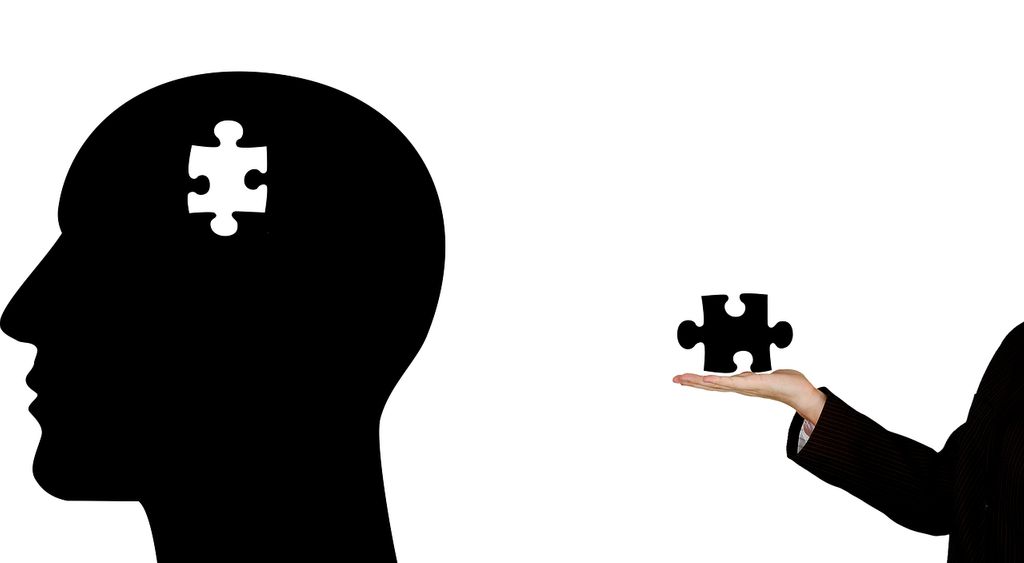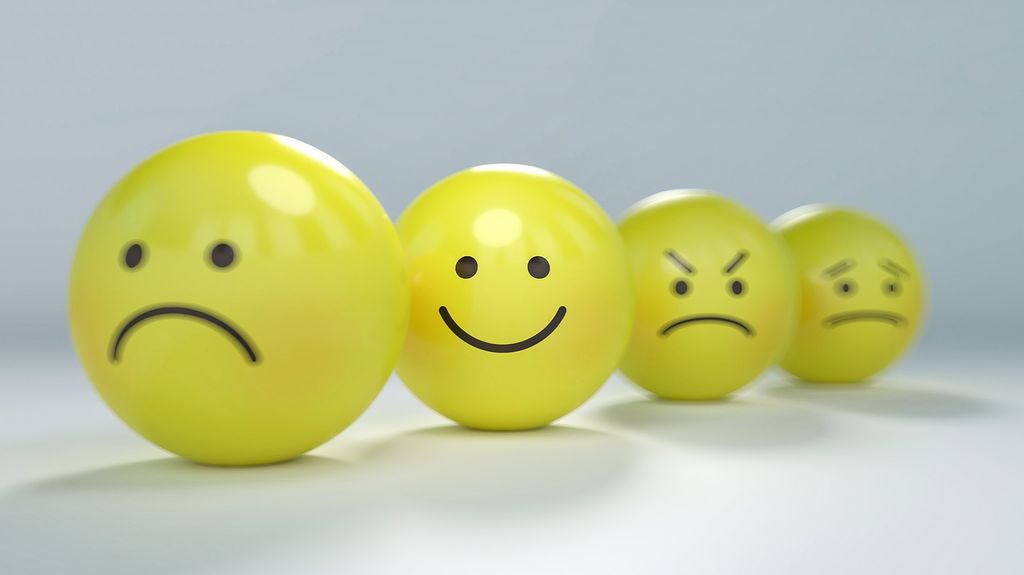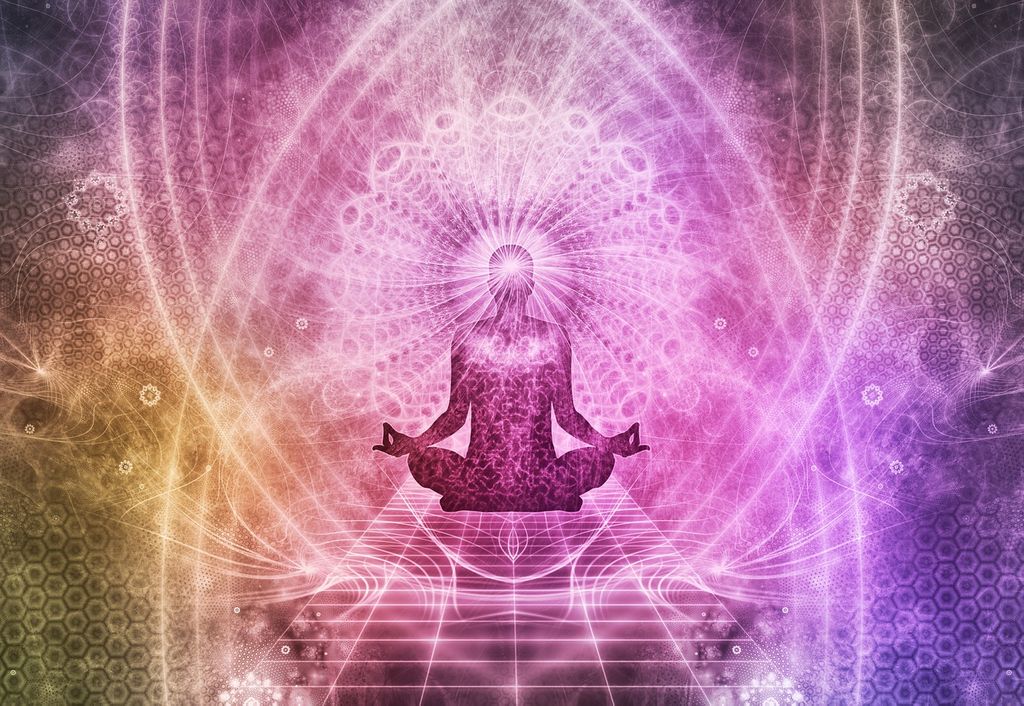Why Is Self Care Important?
May 29, 2019 • 190 views
Self-care is taking care of the needs of our body, whether it is physical, emotional, mental, or spiritual. It is important to listen to our own body and allow it to lead us towards what we need to care for ourselves.
As stated above, there are 4 areas of yourself that require acts of self-care to stay in balance and work properly. Though they are different , they are also very much connected. If we ignore one area it has the potential to negatively affect the others. So it's important to scan through all aspects of ourselves and not disregard any. Below is a further explanation of each area and examples of how to take care of ourselves.
Physical

The physical area of our self care refers to our physical body and out of all 4 areas it's probably the easiest one to spot when it's out of sorts. It's also the area society puts the most target on. Sickness, pain, fatigue, exhaustion, soreness, and just an overall sense of feeling like a crap are some indicators that we need some self-care in the physical area. Some examples of self-care in this area are:
Adding healthier foods into our diet or making sure that we are getting enough of each of the essential vitamins and minerals.
Doing some kind of exercise or physical activity (even just taking a walk outside).
Adjusting our sleep cycle so that we are getting enough sleep.
Taking a warm bath to soothe our tired and achy muscles, and most importantly, taking rest.
Our body is sacred and if we treat it this way, the world becomes a lot less formidable.
Mental

Stigma on mental health area often leads to less importance and it goes untouched which can cause the other areas to fall apart regardless of how much self-care we throw at them. So let’s stress with bold to make it clear:
MENTAL HEALTH IS JUST AS IMPORTANT AS PHYSICAL HEALTH!
A lot of the examples of self-care in physical area can also apply to mental area . Some examples for mental self-care are:
Seeking help from a professional therapist, psychologist or counsellor
Taking medication as instructed
Finding healthy coping mechanism
Being kind and patient with outselves.
Meditation
Rewarding oneself for even the littlest of achievements
Allowing ourselves to have bad days without punishing ourselves
Emotional

Though emotional and mental aspects have en extremely close link, emotional can even operate outside of the influence of mental allowing it to be its own area. The emotional aspect of self care is deeply connected to our life experiences and our interactions with people. Sometimes when our emotions are in a state of chaos it's an indicator that we haven’t properly dealt with a painful experience. Or we are currently experiencing a traumatic event or unhealthy relationship. When our emotions are running rampant the most crucial and mandatory act of self-care is to listen.
It's like when our body sends pain signals to our brain when we have a wound or a broken bone. It's telling us that there's parts of our body that needs healing. The same goes for our emotions. They are telling us that there's an issue haven’t yet healed from or even dealt with. So emotional self-care should be allowing yourself to heal from whatever it is that's caused you trauma, pain, and distress.
Other examples of self-care for the emotional area are :
Confiding in someone we trust
Journaling
Allowing oneself to cry
Treating oneself to what comforts
Finding or creating a place where one feels safe and relaxed.
Spiritual

Spiritual care is hardest area to gain access to yet it also has the greatest ability to positively.
Here arr some examples to self-care in spiritual aspect:
Going out and soaking in nature
Going to a place of worship
Earthing
Sitting outside during the full moon
Going to the beach
Meditation
Spend time in silent place
